From The President's Desk
Grandite's president, Axel Troike, occasionally blogs about Business-Architecture-related topics such as
We hope you feel inspired and welcome your feedback here.
About Data Leadership

Close Encounters With the 3rd Resource
No business can operate without people, at least it requires the person that manages and represents the business, the CEO. S/he will need funds (Finance) to run the organization, hire additional people (Human Resources), rent a place for the business etc. The organization will develop products/services, acquire clients and look for suppliers. The business will collect and record Data, i.e. pieces of information about its products / services, clients, addresses, orders etc.. The recording of Data ...
Read morePondering on Data and CDO (Chief Data Officer)
A successful approach to organizing a business is to avoid overhead, i.e. to decentralize responsibilities as much as possible and to centralize as little as necessary. Having this in mind, I closed an earlier post "Close encounters with the 3rd resource" postulating that business departments take their ownership and responsibility to govern Data as assets ...
Read moreValue of a Data Management Office
Question 1: What is the value of a data management office and why do we need one?
To state the obvious first: People with an "office job" exclusively process data (emails, telephone calls (audio data), electronic documents, paper documents, personal communication with co-workers etc.). ...
Read more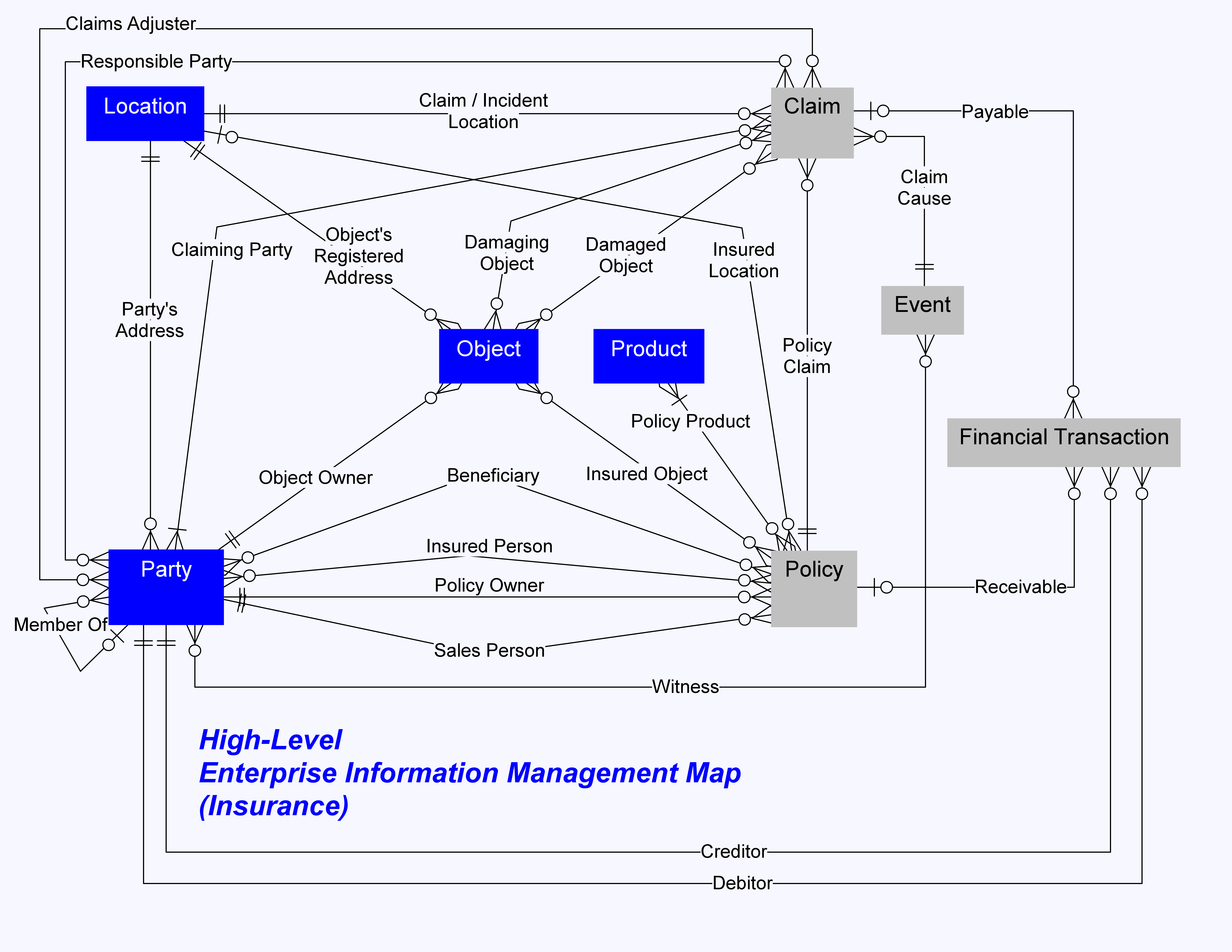
The Organizational Challenge of Enterprise Information Management
Medium and large enterprises as well as public administrations are constructed hierarchically, and that is for obvious reasons the best, if not the only principle to successfully conduct any endeavor that involves a certain number of people.
At some point in history, when the benefits of information technology were discovered, enterprises innocently imposed the same paradigm on their applications and ...
Read moreAbout GDPR (DSGVO) / Regulatory Compliance / Data Governance / Data Quality
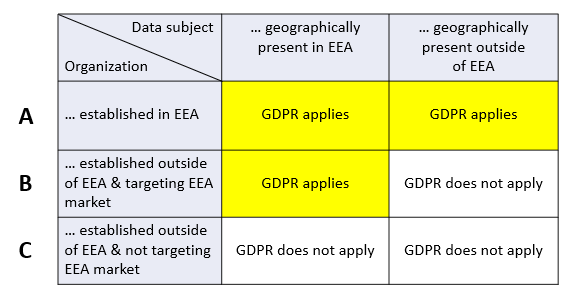
A Privacy Regulation Applying in the USA and Canada (and Elsewhere)
Although the General Data Protection Regulation (GDPR)* was passed more than three years ago and entered force more than one year ago, there is still confusion and misconception about the regulation's sphere of impact.
In a new series of posts, I will share some advice** drawn from experience in projects that I have conducted since the inception of the regulation, but also include updated guidelines that the European Data Protection Board (EDPB) recently published ...
Read morePersonal Data - a Universal Definition Applying in the USA and Canada (and Elsewhere)
In my previous post A Privacy Regulation Applying in the USA and Canada (and Elsewhere), I alluded to the worldwide impact of the General Data Protection Regulation (GDPR). In this post, I like to clarify the GDPR's definitional scope of personal data ...
Read moreGDPR - More Than Just Another Regulation
It has become all too common that business initiatives targeting infrastructural improvements such as Enterprise Architecture & Business Modeling, Data Governance & Master Data Management, Privacy & Data Protection are put on the back-burner or are totally suppressed in favor of endeavors that promise monetary benefits ...
Read more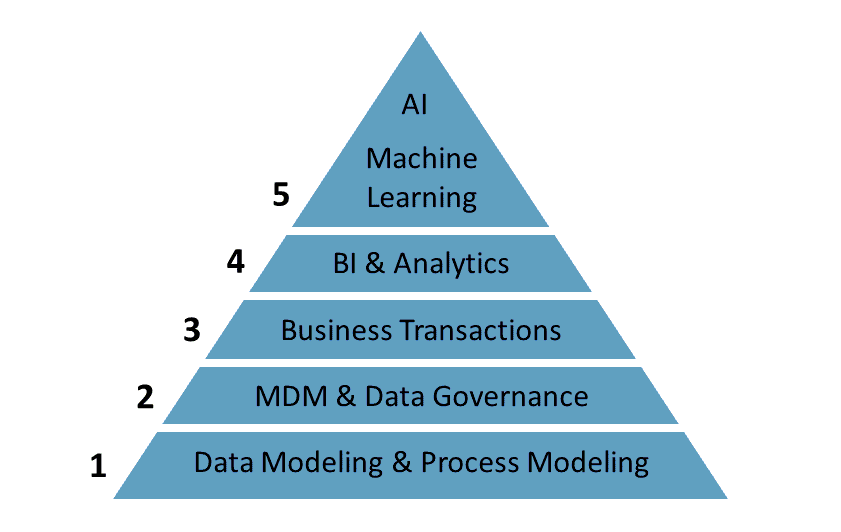
How The GDPR Can Propel An Organization's Informational Infrastructure
I concluded my recent post 'GDPR - More Than Just Another Regulation' stating that the GDPR (General Data Protection Regulation) forces organizations to prioritize a long-due overhaul of their informational infrastructure.
In my understanding, a contemporary informational infrastructure is a system of people, processes and tools that ...
Read moreGDPR Necessitates a Professional Data Modeling Tool
In my post 'How The GDPR Can Propel An Organization's Informational Infrastructure' I mentioned that recording Data Lineage is implicitly required by multiple regulations, most prominently the General Data Protection Regulation (GDPR).
Let's bring this to life using an example scenario of the not so distant future...
Read more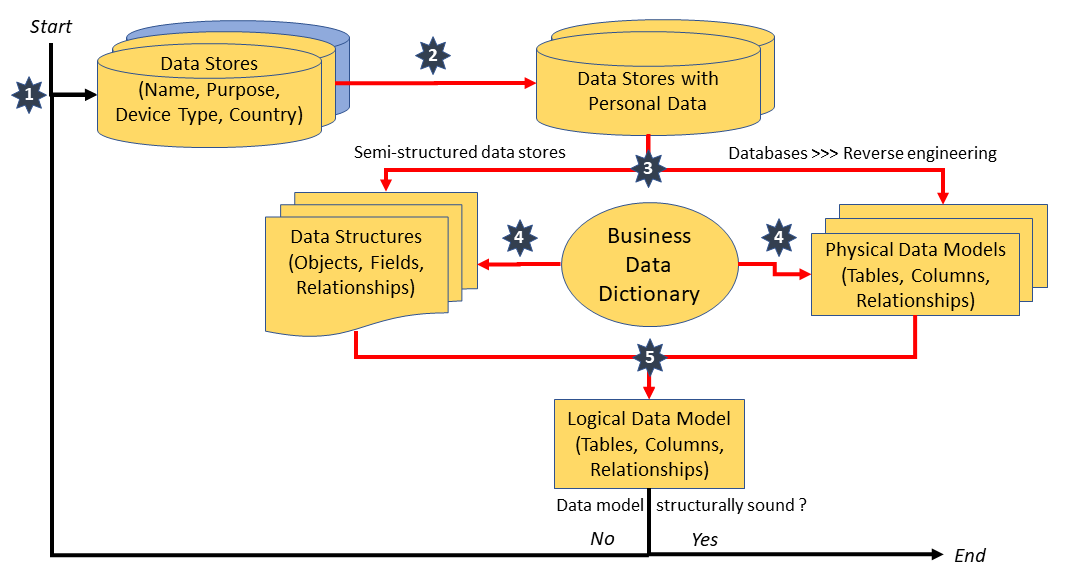
GDPR - How to Discover and Document Personal Data
One of the first steps for organizations on the journey to GDPR compliance is to find out what 'personal data' (i.e. any information relating to an identified or identifiable natural person) are stored where. For many organizations, this can be a tedious, cumbersome process, since very often the complete 'list' of all metadata describing personal data is not at hand ...
Read more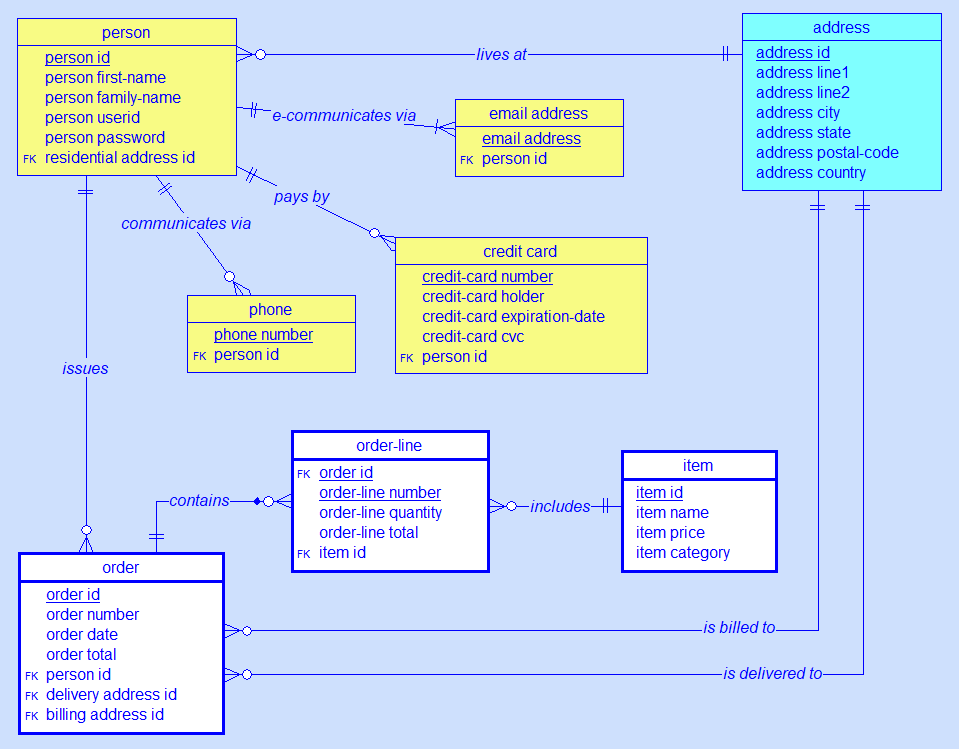
GDPR & Personal Data - Context is Key and (Foreign) Key is Context
A logical data model is one of the important milestones on the road to GDPR (General Data Protection Regulation) compliance. Being the blueprint of an organization's semantic data and the relationships among them, the logical data model serves ...
Read moreWhat is Data Governance?
Since Data Governance was introduced as a term, a variety of definitions has emerged which has caused contradictory interpretations and understanding of its meaning. Some people use Data Governance as a synonym for Data Quality, others believe it is something complementary. A third group considers Data Governance to be similar to Data Management...
Read moreA Different Introduction to Data Governance
Most likely, you have heard the term Data Governance before, or even read multiple attempts to define it...
No, Data Governance is not just a hype, and it's not the latest intrigue of your IT department. It's not about pushing responsibilities or blaming people ...
Read moreSome Basic Recommendations for Data Quality
1. Create a business data model while limiting its scope to data which you are legally entitled to collect, have a clear business purpose, have a purpose that you can explain to the respective target group (customers, employees, suppliers etc.) while avoiding to re-create entities / attributes that are rightfully already defined within the organization ...
Read moreAbout Master Data Management (MDM)
Who Is Responsible for Master Data?
Most organizations are run based on the assumption that their business can be hierarchically structured with well-defined exclusive tasks and responsibilities - so if everyone "minds his business", the organization as a whole will do well. At some point in history, when the benefits of information technology were discovered, the IT department was added to the org-chart, and one after the other operational department began to use IT's service to automate "their" business ...
Read moreBusiness Value of Master Data Management
Successful Master Data Management is based on Master Data Modeling which actually distinguishes Master Entities and Master Relationships. Moreover, here is the historic opportunity to underscore the business value of (Master) Data Modeling ...
Read moreAbout Data Modeling

How to Define the Target for Enterprise Information Management
In my recent post "The Organizational Challenge of Enterprise Information Management", I recommended to create a high-level conceptual data model as a target map for Enterprise Information Management (EIM), with Master Data Management (MDM) and Data Governance being core strategies to transform the organization from legacy structure to a data-driven business. ...
Read more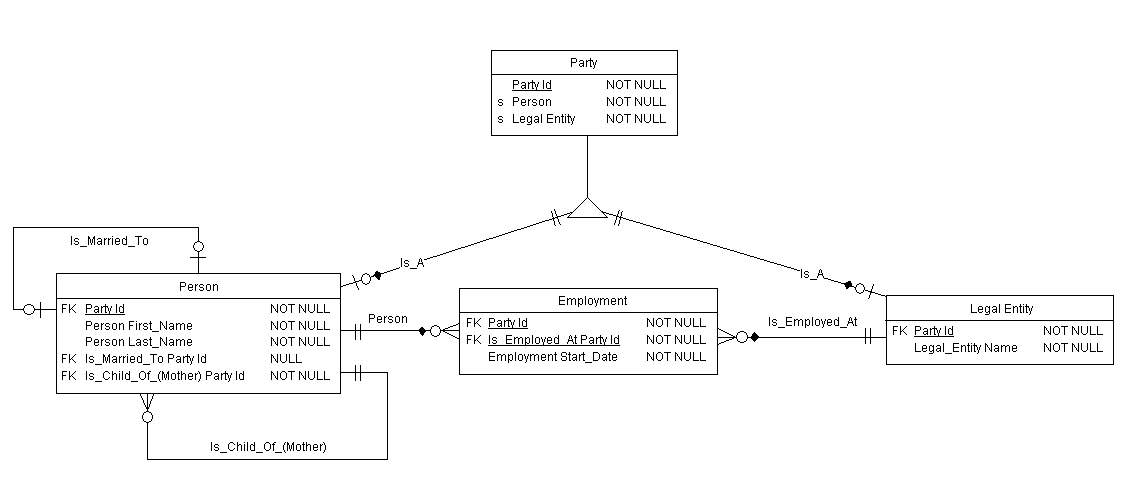
Modeling Party-to-Party Relationships
Inspired by a question that was raised on a data modeling forum, namely, how relationships between instances of the master entity Party should be modeled, I created a representation as of image 1 ...
Read moreData modeling tools have produced DDL for all the major RDBMSs for years, but what about DDL for non-RDBMS-related storage?
This is a question I am frequently asked, as data modeling seems to be associated to SQL databases while there is no support (available, possible, necessary?) for so called NoSQL databases.
To put a possible short answer into perspective, I like to include some preliminary thoughts....
Read more